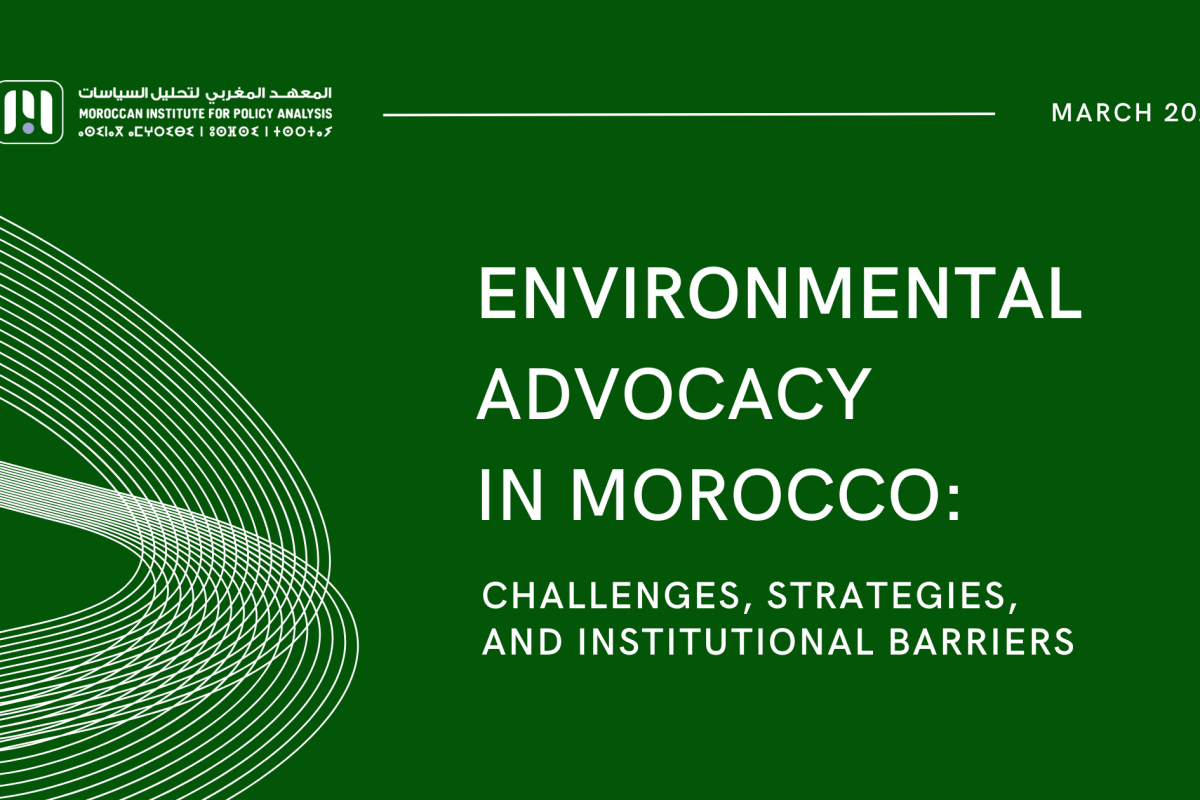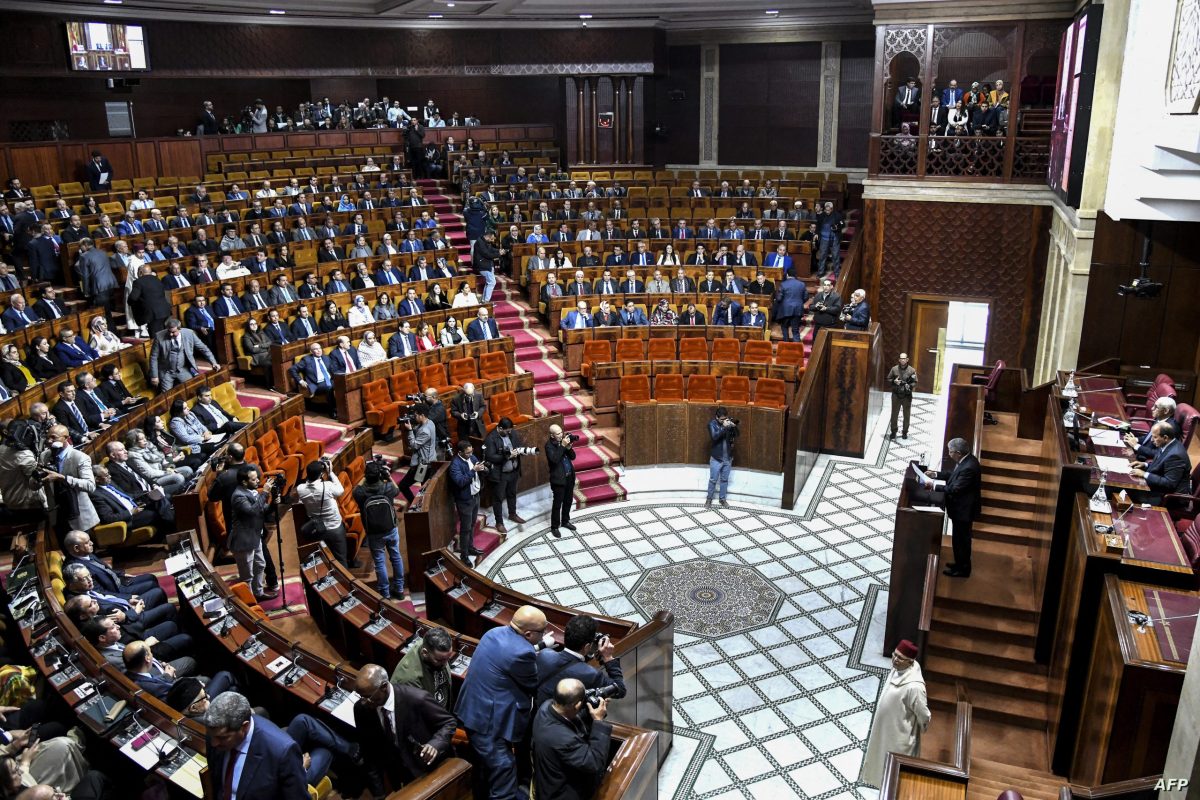[vc_row][vc_column][vc_column_text]
Beyond the role of government in tackling the social and economic issues in Jerada, Non-State actors might also play a crucial role in local economic development
* This article is an introduction to a series of a policy briefs on Jerada protests
In June 2018, the Human Rights Watch (HRW) alleged Moroccan authorities used excessive force in dealing with protests in the city of Jerada. In its release, the HRW highlighted that some leaders of the protests were arrested and mistreated in detention. Moroccan authorities have denied any wrong doing, maintaining that the arrests were conducted legally. The protest movement in Jerada started following the death of two miners on December 22, 2017 who were working in very hazardous conditions in an abandoned coal mine. While the protests started peacefully at their inception in December 2017, the first act of violence was reported in mid March 2018 after the Moroccan government cracked down on the protests. The following day casualties and clashes between local residents and police forces were reported.
Beyond the protests, the region of Jerada was, for a long time, marginalized and excluded from socioeconomic development following the shutdown of a large coalmine in 1998. The company running the coalmine, Charbonnage Du Maroc, was the largest employer in Jerada and its shutdown affected the entire region and left it as one of the poorest cities in Morocco, wisushth an unemployment rate exceeding 30%, compared with a national rate of around 10%, and a poverty rate of 11%, six points higher than the national level according to the Moroccan High Commission of Planning (HCP).
The coalmine at Jerada was the largest of its kind in North Africa and employed thousands of miners in its 70 years of operation. Following the steady declines in the international price of coal, it was deemed unprofitable and hence, shuttered. Yet, hundreds of people continue to risk their lives on a daily basis to retrieve few pounds of anthracite to sell for a living in extremely precarious working conditions, as those who venture into the mines are not equipped with protective garments and the mine has not been maintained since its official shutdown.
In a visit to the Kingdom’s eastern governorates in February 2018, Prime Minister Saadeddine Othmani announced a plan to respond to the public’s socioeconomic grievances. The plan would seek to improve living conditions in the region and emphasizes greater investment in agriculture, education, entrepreneurship and social infrastructure. To ensure a commitment to the development plan, a timeline for execution has been determined. Yet, nothing concrete has been delivered and the protests are continuing, which demonstrate the lack of trust in state institutions.
Today, the Moroccan government has an important role to play in fostering an inclusive socio-economic landscape, ensuring proper respect of the right to peaceful protests and respect for the rule of law. However, the state institutions alone cannot be the only player at stake. Non-state actors also have a crucial role to play in this process. The development theories that once rendered the state a central engine and leader for change were largely challenged in the 1980s due to the severe economic crises. During the Structural Adjustment Program period, International organizations such as the World Bank and the International Monetary Fund argued for the need to empower the private sector and to limit the economic power of the state. At times, such policies came at the expense of part of the population, leaving them feeling left behind. These policies triggered the need to engage with deprived communities and carry out small scale projects often implemented by local civil society organizations (CSOs). Since the 1990th, the number of CSOs has increased exponentially in what has been termed the global associational revolution. Their role has also shifted from simply implementing small local development projects, or what can be referred to as supply side approach, to a more demand side approach where CSOs play a leading role in helping communities to articulate their concerns and become more active participants in the development process.
While some studies have been dedicated to the role of the government in tackling the social and economic issues in Jerada, this series of papers considers that it is equally important to shed the light on the role of non-state actors. Taking in consideration the premise that government agencies alone cannot provide the solutions to complex issues such as the case for Jerada. The multiple stakeholders approach, which takes into consideration the importance of the state, the market and civil society seem to provide a more comprehensive framework. As such this series of three policy briefs are tackling the following respectively;
– The Social Responsibility of Mining Companies in Local Development: Extractive industries impact the environment and the lives of local communities around the mine and without mitigation plans, those impacts can disrupt neighboring communities. Today, such mining companies are required to engage in socially responsible practices (or Corporate Social Responsibility, CSR) to ensure sustainability.
– The Role of Civil Society in conveying Popular Demands: While the right to peaceful protests should be protected, CSOs should play an important role that transcends mere protests expressions. CSOs can provide new forms of interest and solidarity that cut across old forms and advocate for good governance practices. Protest movements across Morocco are a clear sign that political parties have failed to defend the basic needs of the ordinary citizen. Although not a substitute to political parties and state institutions, CSOs can represent the interests of local communities. The protest movement in Jerada can be more impactful if supplemented and complemented by actitivities of local CSOs.
– The Need for Promoting a Small and Middles Size Enterprise (SMEs) as Engines for Economic Development: SMEs have a central role in production, distribution, employment and value creation. They are important building blocks in striving economies. In Jerada, where the people are asking for economic alternatives, part of the public policy should focus on creating an environment conducive to the emergence and growth of SMEs.
[/vc_column_text][/vc_column][/vc_row]
Kathya Berrada
Is a research associate at a Moroccan based think tank. Before returning to Morocco, Kathya worked for a rating agency and consultancy firms in France and Belgium. Kathya holds a Master degree in Business from Grenoble Graduate Business School. Her current research interests relate to institutional changes, entrepreneurial dynamics and inclusive economic development in the MENA region.


